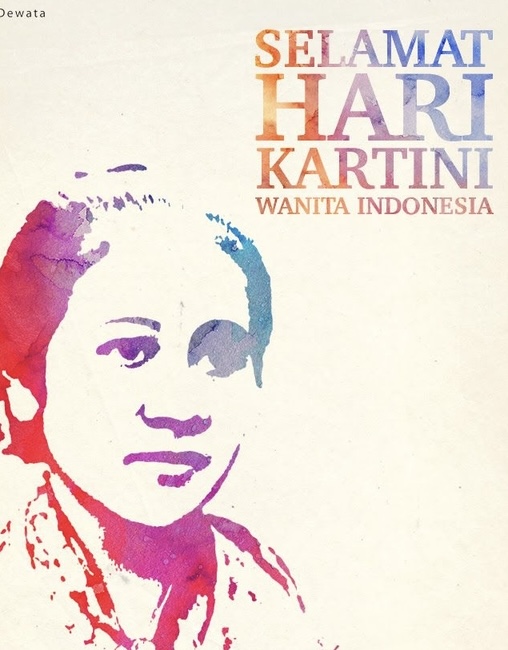
Kartini Day – April 21
Indonesia has its own Women’s Day, which differs from the global celebration on March 8. This holiday honors a national heroine: Raden Ajeng Kartini.
Kartini was a pioneer in advocating for women’s education and rights in Indonesia during the late 19th and early 20th centuries. Her birthday, April 21, is celebrated by supporters of women’s empowerment across the country.
Born in 1879 into a wealthy aristocratic Javanese family in Jepara, Kartini was the fifth of eleven children. At the time, Indonesia was a Dutch colony. She attended a Dutch-language elementary school, and her family valued intellectual achievement—her grandfather became regent of Jepara at age 25, and her older brother became a linguist.
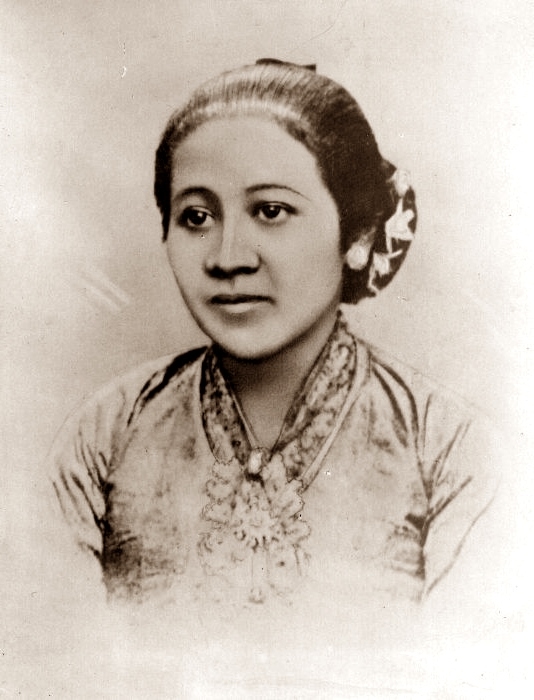
However, at the age of 12, Kartini had to leave school due to local customs that required girls to remain at home until marriage—usually arranged by parents.
She was not allowed to leave her parents’ home until marriage, at which point her husband would gain authority over her. However, Kartini’s knowledge of Dutch gave her access to European books and magazines, which helped her form progressive views on education and women’s rights.
She corresponded with pen pals in the Netherlands, expressing her desire for freedom and education rather than submission to arranged marriage. Some of her most notable writings include Out of Darkness to Light, Life of a Woman in the Village, and Letters of a Javanese Princess. These letters are considered the beginning of the women’s emancipation movement in Indonesia.
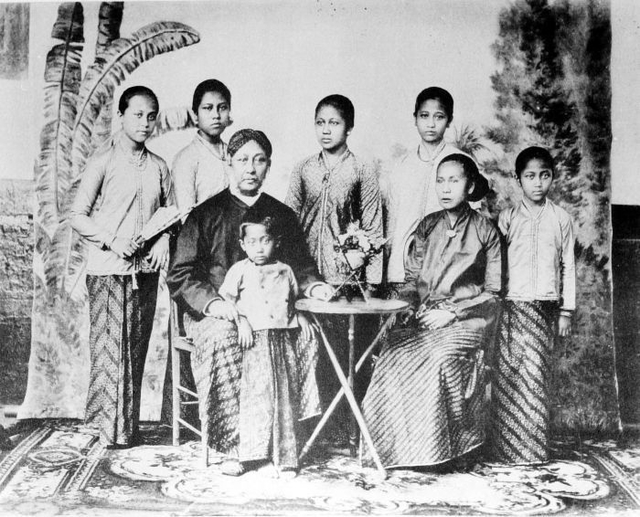
Kartini was the daughter of the district head of Jepara, Raden Mas Sosroningrat, and his first—but not principal—wife. Since Kartini’s mother was not of noble descent, Raden Mas married Woerjan, a descendant of the Madurese Raja, in order to meet the aristocratic requirement for his political appointment.
In her letters, Kartini spoke out against polygamy. She also followed a vegetarian diet, associating it with spirituality, believing that “the vegetarian way of life is a silent prayer to God.”
Despite her father’s earlier resistance to her educational goals, he eventually allowed Kartini to study and prepare to become a teacher in Batavia (now Jakarta). Kartini dreamed of going to Japan to teach, but this never materialized. Instead, she was married off at age 24 to the regent of Rembang, Joyodiningrat, who already had three wives. Though the marriage was against her will, Kartini hoped it might help her advance her goals.
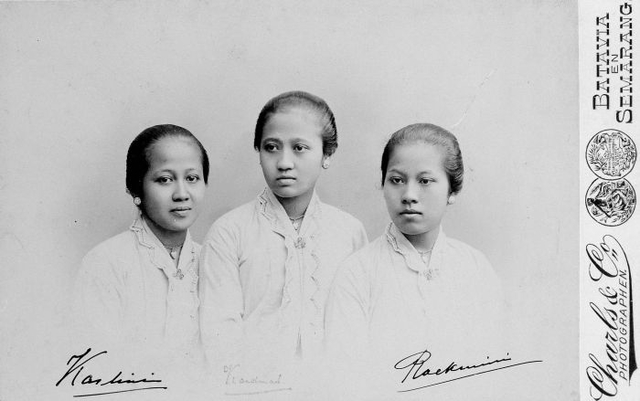
Her husband supported her aspirations and allowed her to open a school for women in the Rembang regency building. About a year later, she gave birth to her only child but died just days afterward at the age of 25.
Many girls’ schools and educational foundations across Indonesia have been named in her honor. In 1911, her Dutch supporter, Minister Abendanon, compiled and published her letters in the book Out of Darkness to Light. The publication generated significant interest in the Netherlands and began to shift Dutch perspectives on women’s roles in the colony.
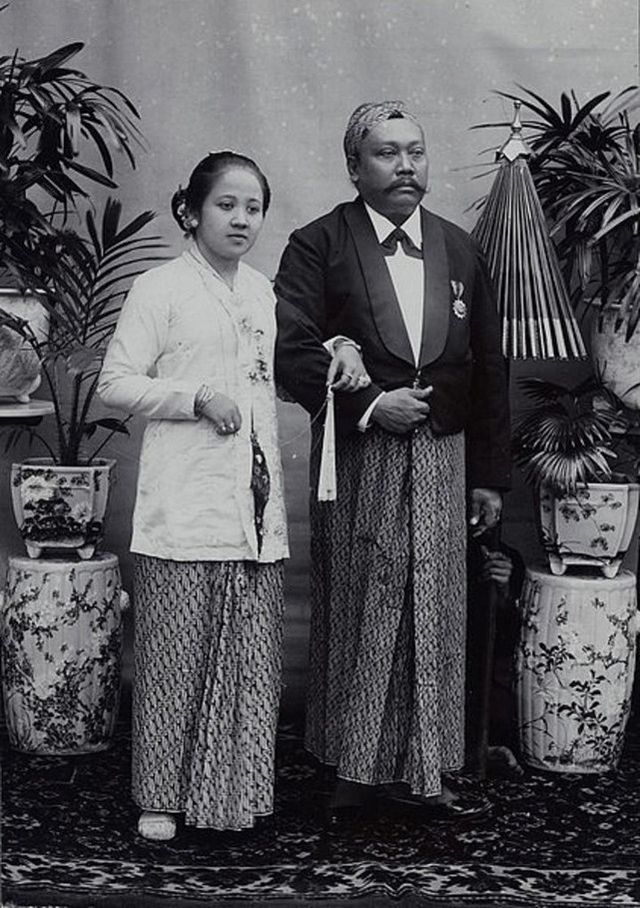
In 1964, President Sukarno declared Kartini a national hero and established Kartini Day in her honor. However, during the Suharto era, her image was softened—from a feminist trailblazer to a symbol of the obedient daughter and devoted wife.
Today, Indonesian women celebrate Kartini Day by wearing traditional clothing, especially the kebaya blouse. Schools hold cultural lessons, and in some areas, there are parades with music and dance. Kartini Day is not a national public holiday, and businesses and institutions operate as usual.
You can add one right now!